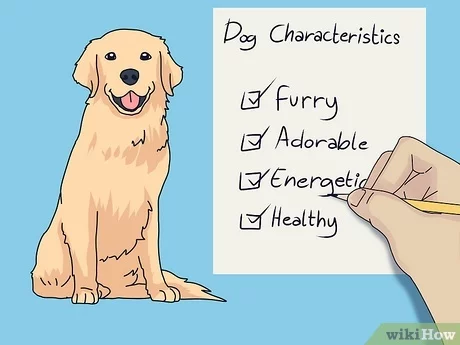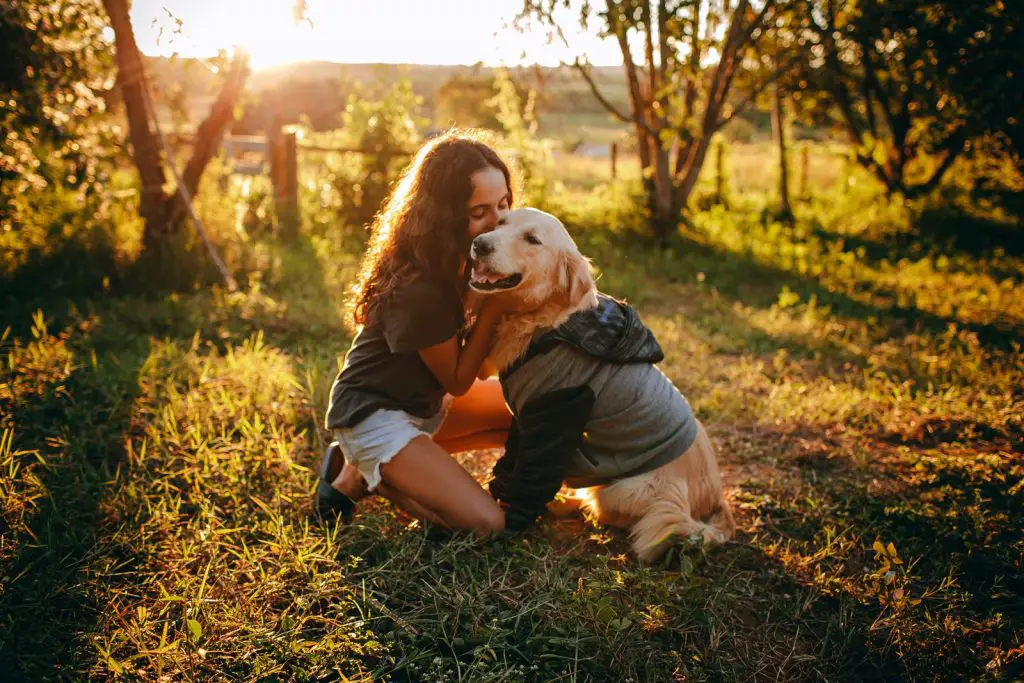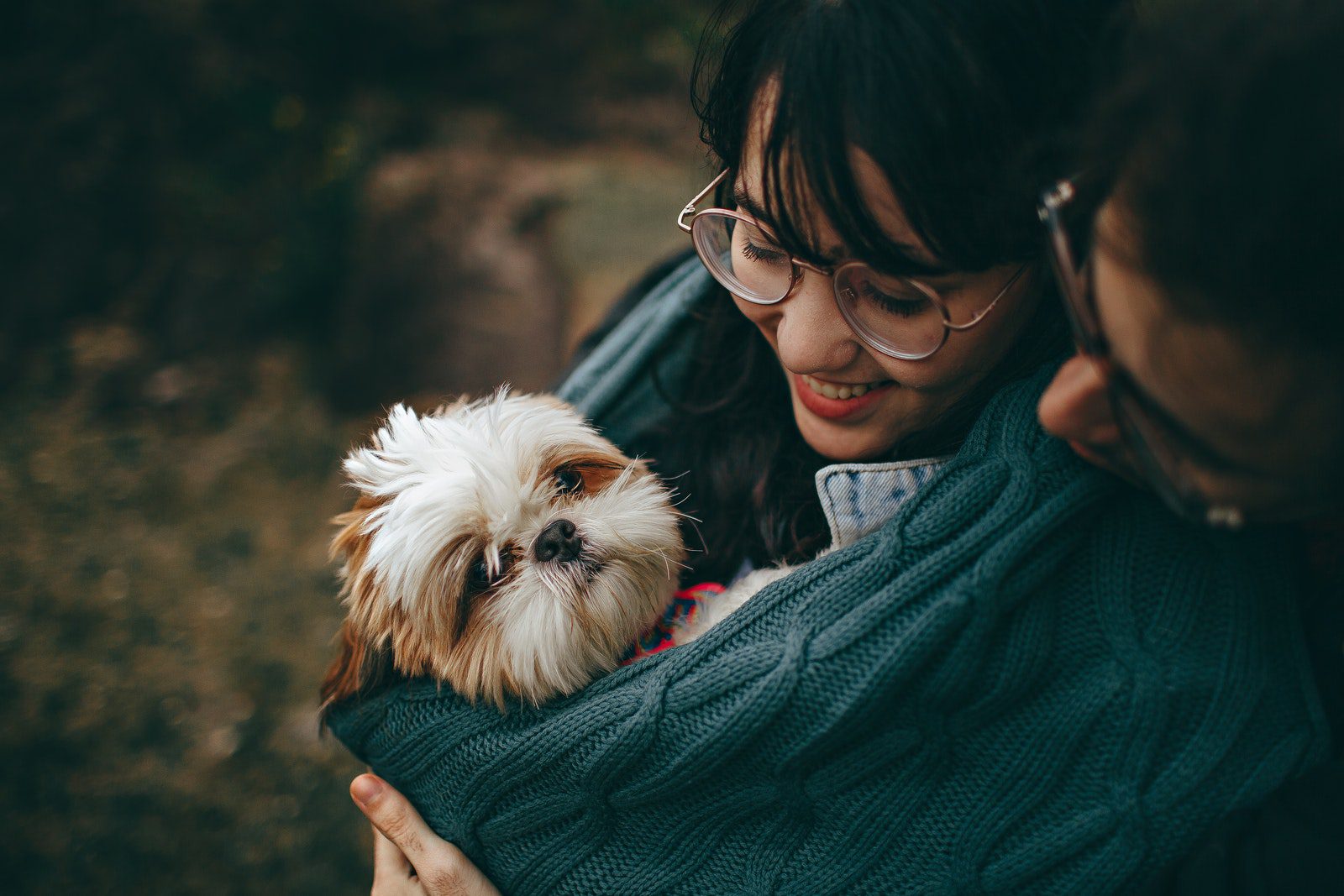Have you been thinking about getting a dog? Perhaps you need companionship, protection, or a new family member that will help children learn responsibility and empathy. Or the best reason of all – because you just love these loyal fur babies.
There are several things to consider when picking out your new dog besides the cuteness factor.

The Dog Breed that Best Fits Your Lifestyle
Do you need to be away from home most hours of the day? Will your pet spend most of the day alone or are there other family members who will be there to see to the dogs needs? Is there small (under 5 years old) children in the home?
Canines are highly social creatures. In the wild they stay in groups, interacting, breeding and hunting. They have a social structure and will even help each other raise their young. Since they are not “lone wolves”, it is not just unfair but detrimental to their psychological health to be left alone for long periods of time. But, the more attention you can give your dog when you are there, the less likely he will be to become destructive. It’s a matter of making him feel secure and confident. So, one of the first things to think about is:
Self-assess: How much time will you have to spend with your new pet each day?
Of the more than 170 dog breeds there are some who take more kindly to being alone than the others. You’ll need to select from the dog’s personality types that are less likely to turn your belongings into toothpicks while you are out. Some of these breeds include the Akita, Bull Terrier, the highly intelligent Shiba Inu, Miniature Schnauzer, and the Chihuahua. There are others that belong on this list and you’ll need to look at their other personality traits. Here is a good place to begin learning about these breeds.
When you do need to leave your pet alone there are some steps you can take to make your absence more comfortable for the animal. Make certain he has access to food and water while you are gone. Plan to spend time with him before you leave, and if possible have outside play time. Maybe he’ll be ready for a nap by the time you leave. Giving them your attention just before you go will reduce your guilt and their stress.
Another option is to hire a pet walker or neighbor to look in on him while you’re out, check on his food and water, and give him a few minutes outside if you’re gone for more than a few hours.
Tip: If you live where one is available doggie day care is a great option for those who work full time.
Many people want a puppy because of that cuteness factor when an adult is actually more reasonable for their lifestyle. Let me tell you, it’s just as easy to love a grown dog who already knows doggie etiquette as it is to love a puppy that must be trained. Training takes a lot of time and effort and can be so frustrating that way too many puppy owners fall out of love and rehome their dog. This is a sad turn of events that can be avoided. It takes skill and knowledge to train a dog. If you want to train a puppy learn the skill first.
Self-assess: Do you want a puppy to train or will you look for an adult who is already well-versed in dog etiquette?
Doggie etiquette includes potty training, not jumping up on people, not barking to excess, walking socialization with other animals and people, as well as obeying simple commands.
Another consideration is space. Do you live in an apartment or a home with a yard? All dogs need a chance to exercise, run and play. If you have an apartment is there a dog run? A park nearby that allows dogs? If you have a yard is it fenced? Away from busy streets? Do you have a plan that will allow for daily exercise? Most apartments have limits on sizes and breeds allowed. Be sure to check with your apartment manager.

Breeders, Pounds, or Classifieds?
If you’ve done your research and know all about size, personality, shedding, grooming, exercise needs and genetic tendencies (like hip dysplasia) in the dog breed you want, then where’s the best place to buy one? Breeders who will allow you to see their kennels and the parents are a good bet. If they only allow you to view the puppy – and especially if they want to meet you off premises – don’t buy from them. You could be supporting a puppy mill or maybe even stolen property.
If you don’t care so much about the dog’s heritage then adopting from a reputable, shelter/pound is an excellent choice. Many dogs there have been trained, they are vet checked and given all their shots. Most facilities also test for aggressive tendencies towards humans and other dogs. Many adult and older dogs are given up by their owners and have a complete history on file. So, checking with your local shelter is always a good idea.
Self-assess: Do you want a pure-bred dog complete with registration or would you be happy with a mixed breed dog?
Classified ads for dogs are always suspect. Dog thieves use this method to make a quick turnover. Of course, not all classifieds fall under this category. You should just take care when using them.
No matter where you get your new dog, your first stop should be at a vet. If you tell the breeder, pound or wherever you are getting the animal from that the purchase is contingent upon a vet check, most will not have a problem with it. I bought a puppy once from a man on the side of the road and stopped by my vet on the way home. No appointment but she understood that the animal needed to be checked out before I brought it home among the other animals. If you know a vet – or the vet knows you like mine does – they won’t have an issue with a surprise healthy baby visit.
Pure-bred or mixed, either can become a wonderful, loyal, loving part of your family. Neither is a “better” dog unless you are planning to breed or enter the show ring.
Children and Dogs
Though many believe that a kid and a dog is a match made in heaven it just doesn’t work that way every time.
Puppies especially, have very sharp nails and teeth and tend to jump up onto bare legs. Smaller children cannot tolerate this (it hurts!) and will cry to get away from the dog or hit the dog. Keep the dog’s nails trimmed and filed to alleviate part of this problem and have children wear long pants when playing with the pup. A child who gets hurt by a dog may lose the desire to interact with dogs entirely. Eventually you will have him trained to keep his feet on the ground, but it will take some time. Puppies, like any baby, will mouth and chew on everything, including his people. Some children interpret this a s biting and become upset. You may need to explain the chewing tendency to your children. Older kids can be instructed to offer the puppy his chew toys when this is happening.
Tip: Tiny dogs as a rule are more nervous around children and can be “nippy”.
Usually the relationship between a dog and a child does become a match made in heaven, but like any relationship, it takes time, interaction, and patience.







